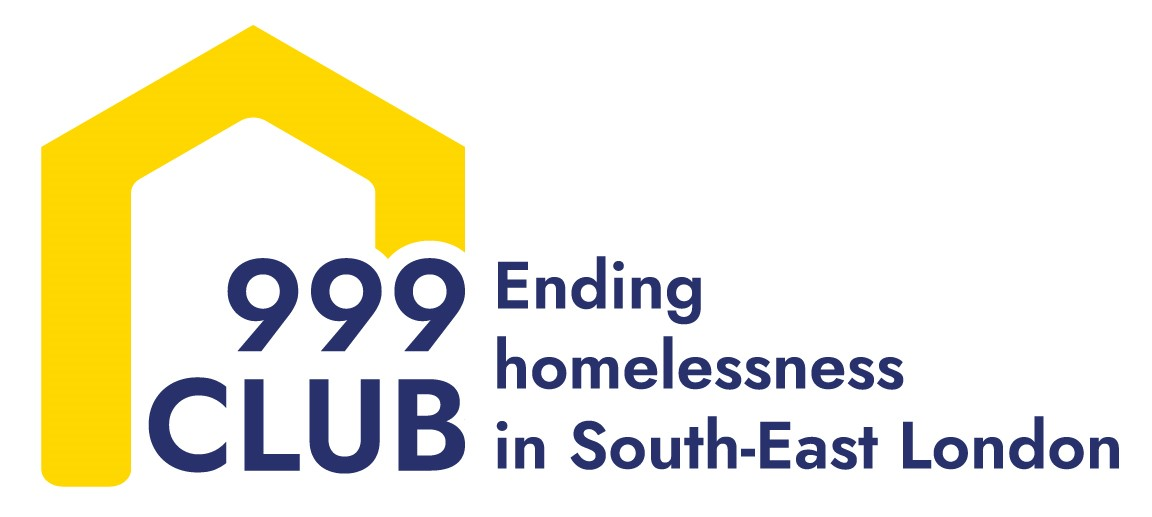Charles Potter was an incredibly distinguished lawyer who is mostly remembered now because of his views on Jaffa cakes.
He was a hugely successful tax lawyer who appeared in the House of Lords no fewer than 25 times, and in the Privy Council a further dozen times. In 1991 he said that Jaffa cakes are cakes or biscuits.
McVities had argued that Jaffa Cakes are indeed cakes and had produced a giant Jaffa cake as evidence. The government had argued that the size and shape of Jaffa cakes, and the fact that they are often eaten in place of biscuits, means that Jaffa cakes are in fact biscuits.
Charles Potter, the most successful tax lawyer of his generation, who, in his youth, was one of the very first to land on Gold Beach in Normandy at H-hour on D-Day, ruled that Jaffa cakes are cakes not biscuits. Part of his logic was that cakes harden when stale.
This may sound like the idea for a Monty Python sketch, with serious, educated, highly paid professionals arguing about cakes and biscuits, but the ruling had significant commercial implications. VAT is payable on chocolate-covered biscuits, but not on chocolate-covered cakes. Mr Potter’s ruling meant that McVities did not have to pay VAT on Jaffa cakes.
As the French philosopher Michel Foucault said “knowledge is not for knowing: knowledge is for cutting”. Arguments about definitions matter because they have consequences, for example on who gets to access services.
Many services have ‘eligibility criteria’ or “referral routes”. Before you access the service you need to demonstrate that you meet these. For example, do you have a diagnosis or meet certain “thresholds” or need or have you got a criminal record for arson, which might exclude you?
This presents a real challenge for anyone wanting to provide services for people experiencing homelessness since it raises the question, “what do we mean by homelessness?”. That might sound like an academic question, but it has real world, highly practical implications.
Who gets to live in this hostel? Who doesn’t get to come to this advice centre? If someone slept in a park two nights ago and on a friends’ floor last night, are they experiencing homelessness? Is someone homeless if they work for an exploitative boss who doesn’t pay them but provides room and board?
Anyone involved with providing services for people experiencing homelessness must grapple with these questions, knowing that certain definitions might exclude people who could benefit from the service.
At 999 Club we provide a warm welcome for anyone that wants to escape homelessness for good. People do not need to prove anything or be referred. They can just walk in and choose which of our services they will use. They might come in saying they want to use the shower or laundry, only for it to turn out, when we strike up a conversation with them, that they need support with their housing or ID or any number of other issues.
This works for us, for now, but it is something we talk about a lot. We need to make sure that we use our resources to support people the best we can, for now that means an open door to our day centre and allowing people that use our services to decide for themselves whether they meet the definition.

